Question and answer approach.
Corona is a virus. Coronaviruses are a family of viruses that range from the common cold to MERS coronavirus, which is Middle East Respiratory Syndrome coronavirus and SARs, Severe acute respiratory syndrome coronavirus.
Examples of other Corona diseases include SARS (Severe Acute Respiratory Syndrome) /influenza, COVID 19.
What is COVID-19?
- It started in December 2019, hence the name Covid-19.
Town - Wuhan, a port city in the central Hubei province.
Country - China,
Continent - Asia.
The area marked orange in the map shows the location of China.
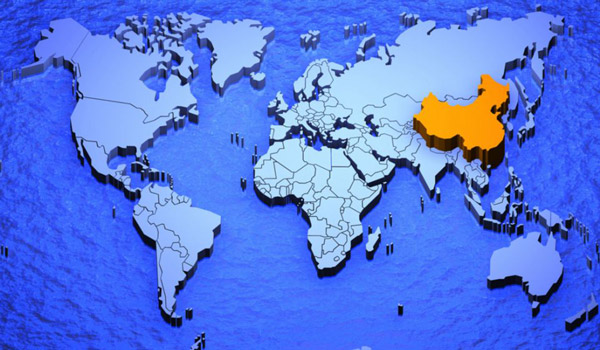
- Dr. Li Wenliang is known to have been the whistleblower of coronavirus, but he succumbed to it in January 2020.
- He sounded the alarm in late December 2019.
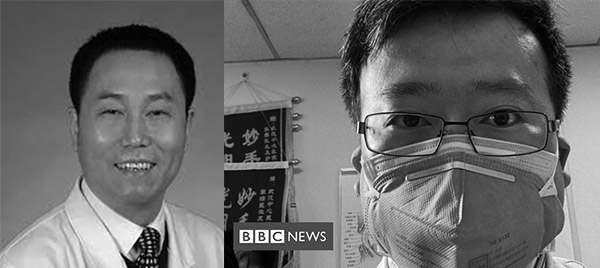
Note
- The symptoms are clear after a duration of 14 days, a period known as incubation.
- During this period the virus is potentially passed from one person to another without the knowledge of the victims.
- The most common symptoms
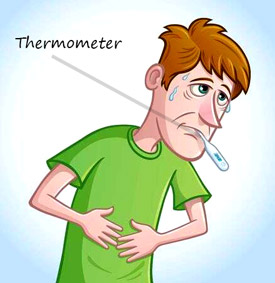
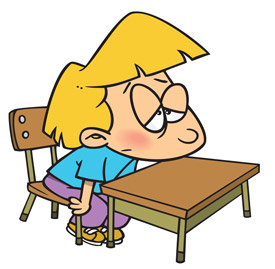
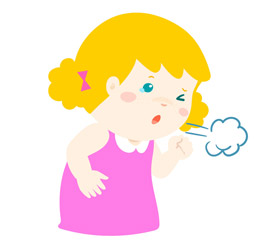
- Some patients may have aches and pains, nasal congestion, runny nose, sore throat, diarrhea or red eyes.
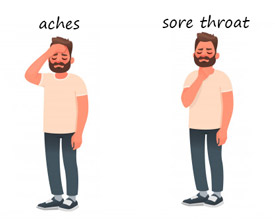
- These symptoms are usually mild and begin gradually.
- Some people become infected but don’t develop any symptoms and don't feel unwell.
Older people, and those with underlying medical problems like high blood pressure, heart problems or diabetes, are more likely to develop serious illness.
Note: People with fever, cough and difficulty breathing should seek medical attention.
Learners are not going to school, to keep social distance aimed at preventing the spread.
Likewise, we are not allowed in big social meetings.
We need to put on masks whenever going out in public to avoid easy infection by the coronavirus, something we are not used to.
We cannot move about freely the way we usually do due to fear of infection.
A majority of our parents cannot go to work, because they too must stay safe.
Yes.
How?
- When an infected person coughs or sneezes near you, they spray small liquid droplets from their nose or mouth which contain the virus.
- If you are too close, you can breathe in the droplets, including the COVID-19 virus, and you become infected also.
Note: The COVID-19 virus spreads mainly through droplets of saliva or discharge from the nose when an infected person coughs or sneezes, so it’s important that you also practice respiratory etiquette (for example, by coughing into a flexed elbow).
At this time, there are no specific vaccines or treatments for COVID-19.
a) Avoid physical contact when greeting. Safe greetings include a nod, a wave, and a bow.
Why? The respiratory virus can be passed by shaking hands, then touching your eyes, nose, and mouth.
b) You should use any soap and water to wash your hands frequently, if no soap is available then use an alcohol-based hand sanitizer.
Why? Washing your hands with soap and water or using alcohol-based hand sanitizer destroys viruses that may be on your hands.
c) You should maintain social distancing
Social distancing is increasing the distance between people to reduce the chances of getting infected by a disease.
To maintain social distance means you stay home, your parents work from home, if you go to the supermarket you keep about 1m to 2m distances between you and the next person, you do not have any meetings or parties including birthday parties with people outside your family, you do not go for holiday, you avoid all public places like church, mosque, temples, and parks.
Why? When someone coughs or sneezes they spray small liquid droplets from their nose or mouth which may contain virus. If you are too close, you can breathe in the droplets, including the COVID-19 virus if the person coughing has the disease.
d) You should avoid touching eyes, nose and mouth
Why? Hands touch many surfaces and can pick up viruses. Hands can transfer the virus to your eyes, nose or mouth. From there, the virus can enter your body and can also make you sick.
e) Practice respiratory hygiene
This means covering your mouth and nose with your bent elbow or tissue when you cough or sneeze. Then dispose of the used tissue immediately.
Why? Droplets spread virus.
Watch the video below.
1. How do you think coronavirus spread all over the world?
2. Do you think Li Wenliang should be referred to as a hero? Explain.
3. Differentiate between to affect and to infect.